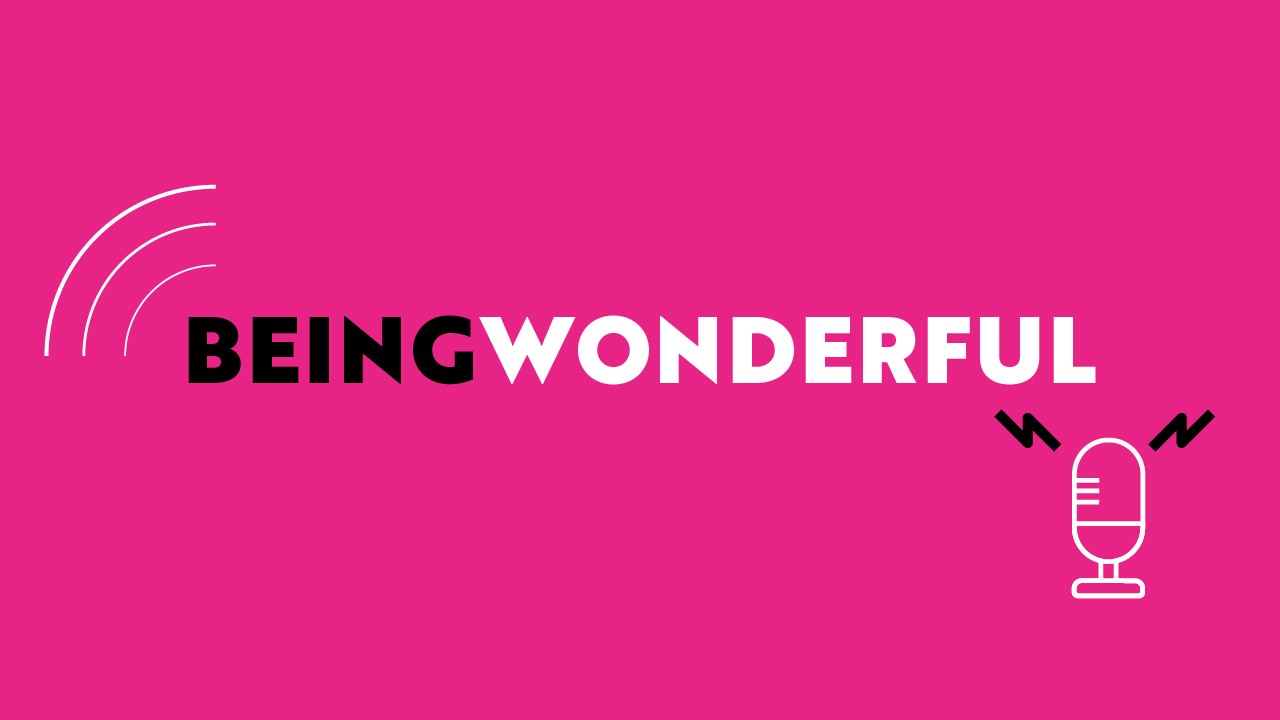
1. Human Connection and Emotion
AI excels at data analysis and automation but lacks the emotional depth that resonates with humans. Wonder and awe are powerful emotional experiences that create memorable connections between consumers and brands. While AI can optimise processes and personalise content, it cannot fully replicate the human touch required to evoke emotions like inspiration, surprise, and amazement. These emotions are crucial for building a strong emotional bond with consumers, which drives loyalty and long-term engagement.
2. Differentiation in a Data-Driven World
AI is becoming ubiquitous in marketing, making it difficult for brands to differentiate based solely on technology. As more brands adopt AI for targeted advertising, personalisation, and customer service, the competitive edge from AI diminishes. Injecting wonder into marketing strategies can help brands stand out in an increasingly data-driven environment. Creativity and emotional appeal provide unique experiences that algorithms alone cannot generate, helping brands maintain a distinct identity.
We all still remember the campaigns that made us ‘feel’ something. Campaigns that evoke positive emotions, and memorable experiences, and this is vital for brands in an increasingly data-driven world.
3. Enhancing AI-Driven Interactions
AI can enhance the delivery of wonder, but it cannot replace the creative elements that inspire it. For example, AI can analyse consumer data to identify the best times to engage with customers or personalise recommendations. However, the content itself—stories, visuals, and experiences that evoke wonder—must still be crafted with human creativity. Successful integration of AI and wonder involves using AI to support and enhance the emotional impact of marketing efforts, not replace it. We utilise many AI tools, which help to enhance our creative process, not replace it.
4. Building Brand Personality
Wonder helps build a brand’s personality and narrative, which are crucial for identity and positioning. AI is excellent for efficiency but does not contribute to the narrative or personality of a brand. A sense of wonder can humanise a brand, giving it a unique voice and story that resonates with consumers on a personal level. This human aspect is essential for creating a brand that consumers can relate to and feel a connection with, beyond transactional interactions.
The power of humanity, both logical and emotional, is still a vital component of B2B marketing. We work with many B2B technology companies, several of which utilise AI in their core product offering. We mainly help these companies to better understand their customers, and their human behaviour, in order to better connect and engage with current and new customers. It’s often been said that B2B marketing has become B2H marketing (Business To Human). Our creative and strategy work with GlobalSign, a global digital certificate and automation tech company, resulted in a proposition built on ‘Trust is a people thing’, identifying and building from the very human motivations behind secure digital identities.
5. Creating Memorable Experiences
Wonder creates experiences that leave a lasting impression, which is essential for brand recall and loyalty. AI can deliver personalised experiences, but it is the sense of wonder that makes these experiences memorable. For example, interactive and immersive experiences, such as augmented reality campaigns or unexpected brand engagements, leave a stronger impact on consumers’ minds than purely data-driven interactions.
A good test of this within your organisation is to look at your last two-years worth of campaigns, and think about how many you remember. How many stood out for you? Then ask your trusted partners and customers. If you, and your customers are struggling to remember any standout moments, then maybe a sense of wonder is needed in your brand and marketing communications.
When tasked by Verve Group and Getty Images to create cut-through for their data driven product at Cannes Lions, the world’s biggest creative festival, we created an app that translates human feelings and moments into bespoke artwork. The Art of Data generated over a thousand unique artworks in 5 days at the festival, proving that even data is better with a little wonder. Find out more about how we did it here.
In conclusion…
Despite AI’s transformative impact on marketing, brands still need to evoke wonder to maintain human connection, differentiate themselves, enhance AI-driven interactions, build brand personality, and create memorable experiences. AI and wonder are not mutually exclusive but complementary; while AI can enhance efficiency and personalisation, wonder drives emotional engagement and memorable brand experiences. The blend of AI capabilities with the creative and emotional power of wonder allows brands to achieve a balanced and effective marketing strategy.
Latest posts

The Power of Purpose and Impact on Business Growth
In a marketplace increasingly driven by values and social consciousness, the role of purpose and impact in business growth has never been more critical.

Three key benefits of integrating a sense of Wonder within your brand & marketing strategies
We love creating Wonder. It’s our passion and forms our client mission. However, in an age where your customers and clients are bombarded with constant information and countless choices, capturing attention and building lasting connections has become increasingly challenging. We all have to work harder to capture people’s attention.

Why Advertising on Bing Matters: Unlocking Potential in PPC Campaigns
In the realm of digital marketing, the dominance of Google Ads often overshadows other platforms, leaving marketers unaware of the untapped potential lying beyond the confines of the Google ecosystem. While Google undeniably reigns supreme, neglecting alternative platforms like Bing can be a costly oversight for businesses aiming to maximise their PPC (Pay-Per-Click) campaigns.